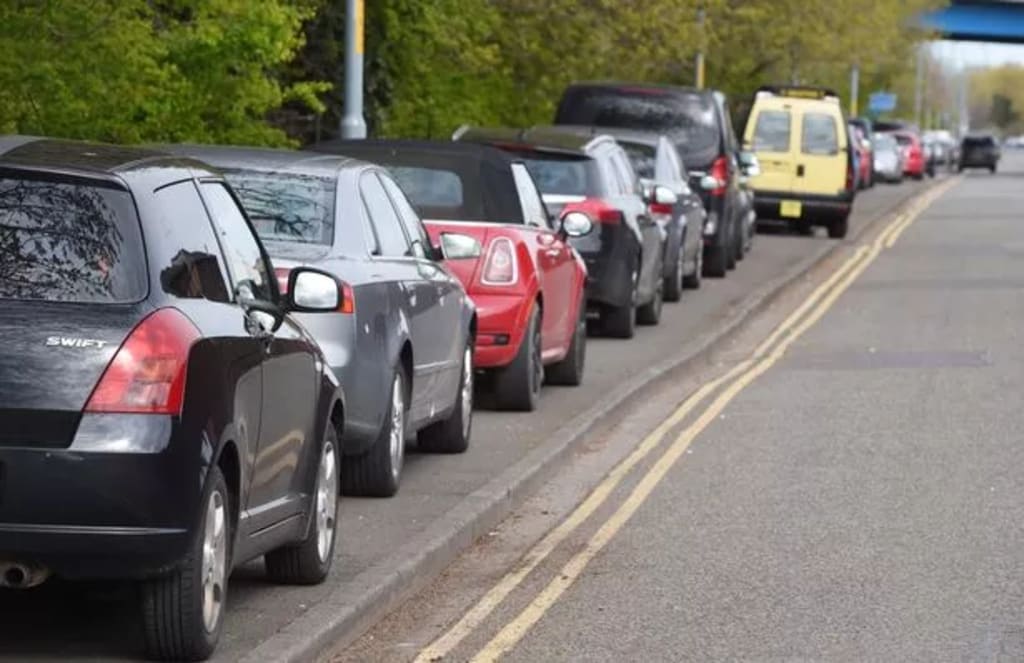
84% of disabled people in England feel there are several issues with street accessibility in their local area.
That’s according to statistics discovered in a recent report from Disability Rights UK.
This situation has only been worsened as a result of the pandemic – which are severely impacting upon their mental and physical well-being and limiting their opportunity for social contact and day to day necessities. During the pandemic, we were all told we had to stay indoors as much as possible and have little or no social contact to help prevent the spread of Covid 19. This will have lead to more vehicles being parked up outside buildings, sometimes on the pavement and leaving disabled people who may have been going out for their allowed period of exercise at risk of having major falls.
If you suffer from a disability that affects your mobility, it can be very difficult to get around and live an independent life. You can also experience balance problems which will mean that you’ll need as much space as possible when you make an attempt to go anywhere. Walking on pavements can be difficult at any time with the walking surface going up and down, especially when there’s nothing to hold on to when you need it. It can be very easy for people to have unexpected falls due to times when there are too many people walking on the same pavement or vehicles parked on the pavement, a place that is only supposed to be for pedestrians.
If somebody has a fall on a pavement which has a vehicle parked on it, they may unintentionally cause damage to that vehicle and will not be able to pay for it due to the fact that they may be receiving state benefits to help them get around because of their disability. Parking on pavements in Scotland has already been made illegal since December last year. Now there are calls for the rest of the UK to follow suit and help increase the amount of space people with mobility problems have when they try and get out and about. This will make it easier when they try to get to and from different places and help them to leas more of an independent life.
‘I have had to go onto a busy main road with my daughter and her wheelchair when selfish drivers dump their cars on the kerb. Her chair is clunky and heavy, and it takes a great effort to go down a kerb to then go back up again. Just wish people would think before parking.’
‘This affects us most times we ever leave the house, can’t get wheelchair through on the path when cars park on the kerb or block the drop-down kerbs, highly frustrating when you have to back track and find another way as well, then putting my child in danger of oncoming traffic due to others ignorance.’
The above are a couple of the views of people with mobility problems or who need wheelchairs to help them get around. If there is not enough accessibility on streets or on pavements, disabled people will not be able to get out and about leaving them trapped in their homes. This is an infringement of their human rights as everyone should have the right to access the space they need to move around freely.
If people are forced to go in to the road to move around a vehicle, they are more likely to trip and fall on curbs. They are put at increased risk of having accidents such as this due to any balance or health conditions they may have.
A Department for Transport spokesperson said: “We appreciate concerns around pavement parking and, while local authorities already have powers to prohibit it through local regulation, we have consulted on further helping them take action. The response to this will be published in due course.”